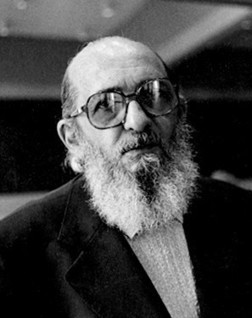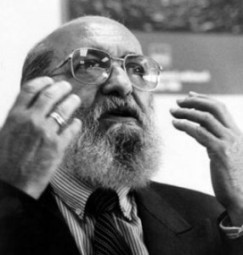Research and publish the best content.
Get Started for FREE
Sign up with Facebook Sign up with X
I don't have a Facebook or a X account
Already have an account: Login
Literacy in a digital education world and peripheral issues.
Curated by
Elizabeth E Charles
 Your new post is loading... Your new post is loading...
 Your new post is loading... Your new post is loading...
|

Penny Sidoli's comment,
July 19, 2013 5:43 PM
Talking heads do not a MOOC make. Discussion groups, webinars, prezi, chatrooms -- that's what makes a MOOC. Otherwise it's a video lecture...in monotone.

Penny Sidoli's comment,
July 19, 2013 5:43 PM
Talking heads do not a MOOC make. Discussion groups, webinars, prezi, chatrooms -- that's what makes a MOOC. Otherwise it's a video lecture...in monotone.
|















